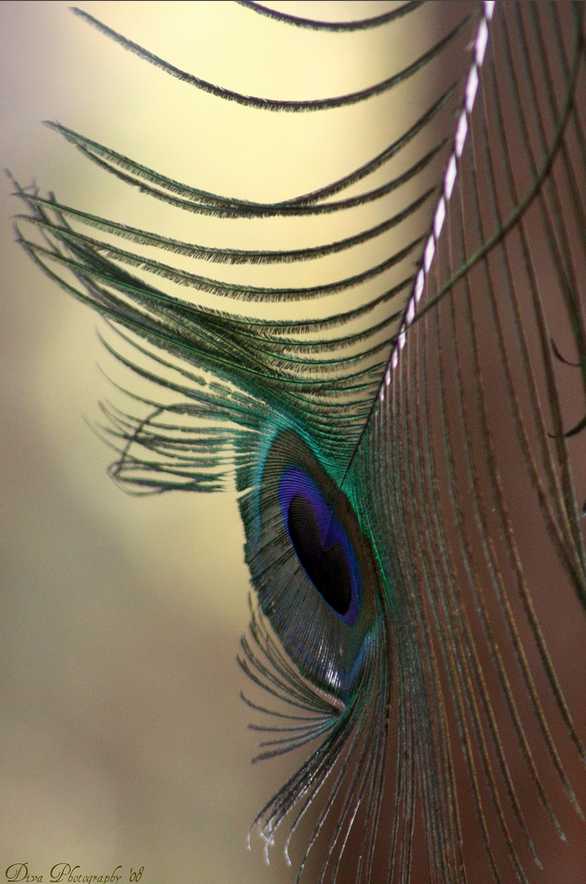FWP:
SETS == WORDPLAY
ARCHERY: {6,2}
GAZE: {10,12}
Because the lover's fate/fortune falls short, its deficiencies cause the beloved's glances too to fall short. They remain so truncated and averted that they are (in some sense) eyelashes. That being so, then, why is their penetrating power, their flight, so long? Why do they pass through, and even beyond, the heart? Why, in short, do they behave like arrows?
If we actually envision these glances-turned-to-eyelashes as arrows, an awkward side-effect is apparent: if the beloved shot very many of them, she'd end up with no eyelashes, or maybe only a few little runty ones not fit for shooting. And there's also the bizarre vision of numerous tiny little eyelashes flying through the air and penetrating the lover's heart. But after all, this is the ghazal world. The lover's own eyelashes can just as well become numerous tiny pens with blood for ink, as in {233,6}; and the beloved's eyelashes can also dine festively on liver-fragments, as in {233,2}. So there's really no reason to start being too literal-minded about it.
But in any case, we can save ourselves from all such concerns by close attention to the actual structure of the verse: 'A behaves like B / A becomes C' (glances act like arrows; glances become eyelashes). The idea of glances as arrows is the primary one, and that of eyelashes as arrows is a secondary spin-off from it. Her glances 'became eyelashes' in the sense that they were short and downward-directed. Perhaps, as Faruqi argues, they didn't leave her eyes at all (which explains why the lover marvels at their paradoxical power to penetrate through and beyond the heart).
But how does the lover actually feel about these miraculous, paradoxical, short-and-long arrow-glances? He invokes the Lord, thus showing a strong degree of emotion, but his utterance is a question-- more of Ghalib's famous inshāʾiyah speech. There are at least two possible feeling-tones for his question. The lover might marvel delightedly at the arrows' deadliness, since against all odds, and despite his ill-fortune about her glances, he's not missing out on the mysteriously potent experience of passion.
Or alternatively, the lover might ruefully exclaim
at his own talent for ending up with the worst of all worlds: he doesn't get a
single real glance from the beloved's beautiful eyes, and yet his heart is
repeatedly lacerated by deadly, impossible glance-arrows-- or, even worse, overshot
by them as they sail past it and land uselessly somewhere on the far side. (Could it even be that the beloved is aiming them at someone else?)

Hali:
By the glances becoming eyelashes is meant that through shame and modesty they are not lifted up; rather, like eyelashes, they remain constantly bowed downwards.
==Urdu text: Yadgar-e Ghalib, p. 152